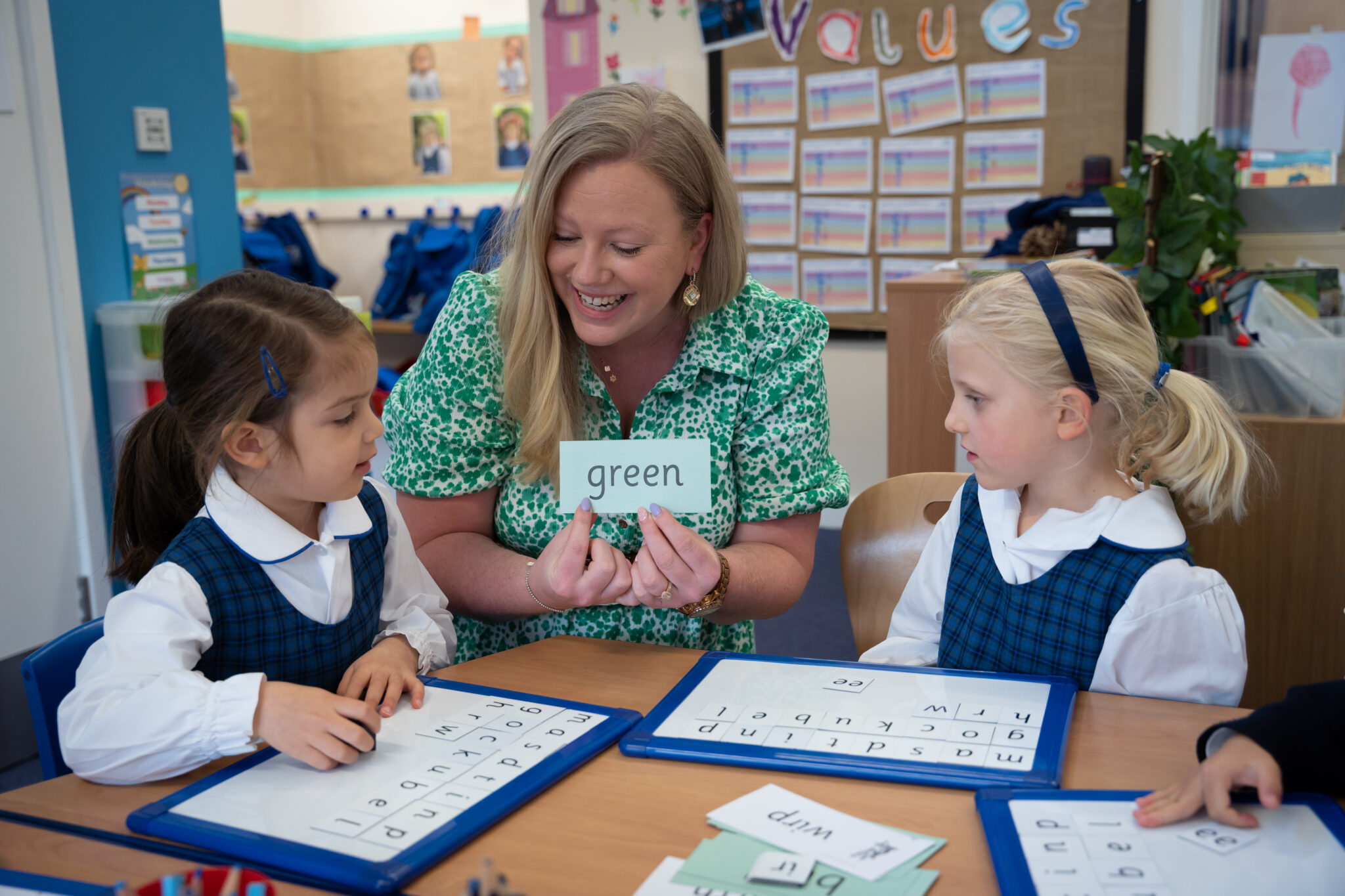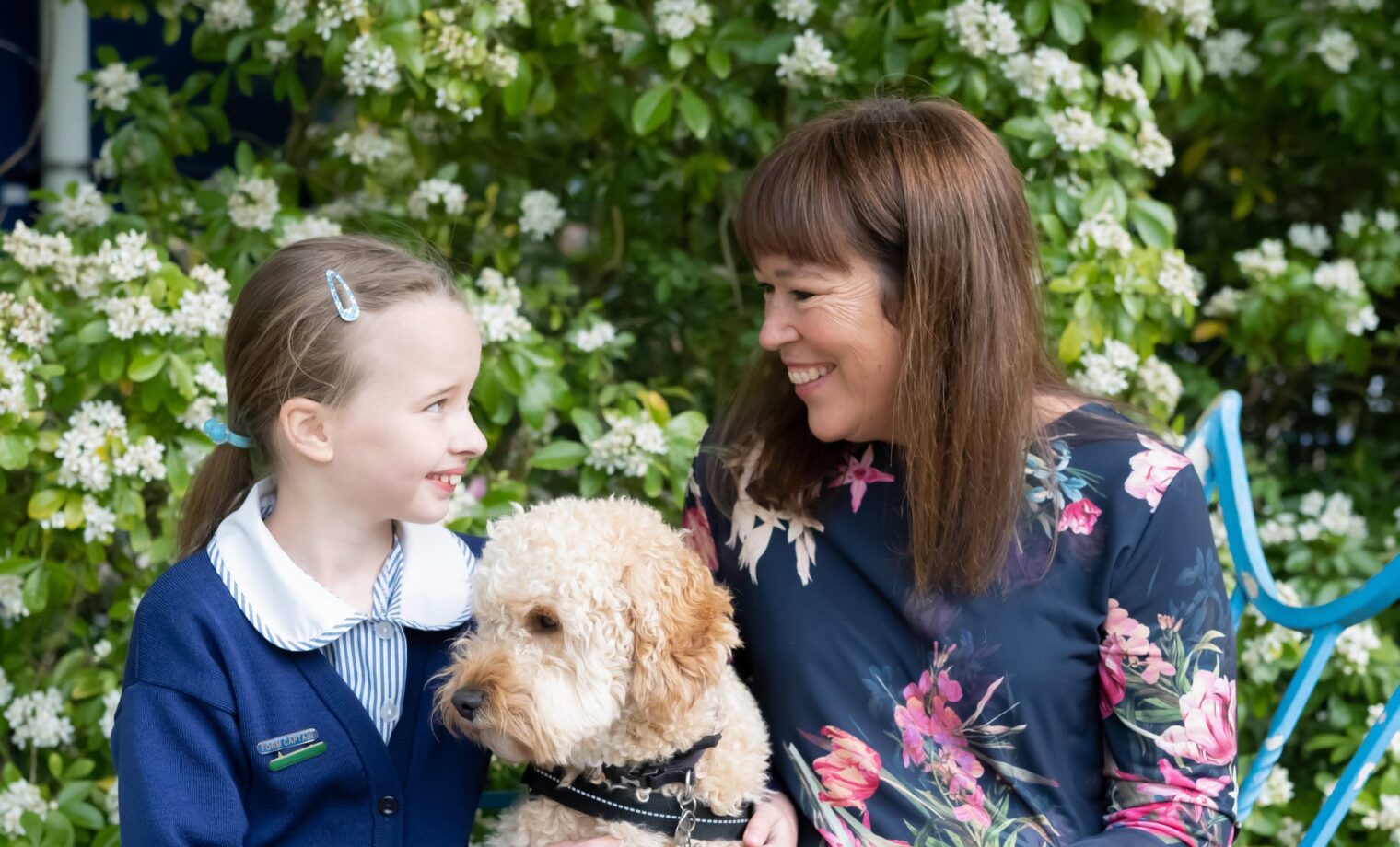In English, our aim is to inspire a love of literature, a love of language and a love of learning. By the end of their time at the school, our pupils are fully literate and articulate. Throughout the school our focus is on teaching our pupils to communicate confidently in a variety of different contexts and for a range of different purposes. In lessons, pupils have numerous opportunities for speaking and listening and teachers model appropriate language structures and conventions in order to help the children to learn and feel confident when expressing themselves.
At The Granville, we encourage the capacity for critical thinking across the curriculum and in English, this is reinforced through the study of a wide range of increasingly challenging texts. The girls study texts that are both literary and non-fiction, including The Rime of the Ancient Mariner, Kensuke’s Kingdom and The Tempest in Years 5 and 6. English lessons regularly offer a wealth of opportunities for discussion. Teachers encourage the girls to voice their opinions and to justify their thinking in order for them to gain a deeper understanding and to enable them to fully appreciate and engage with everything that they read.
Above all, however, we aim to teach pupils how to enjoy literature and to be confident when reading texts, discussing them and writing their own. Great emphasis is placed at a young age, on learning to read competently and confidently, as this forms the foundation for all aspects of English and many other subjects.
Pupils have access to a wide range of books and other texts across a range of media throughout the school. Both the Junior and Senior Libraries are well-stocked with relevant, contemporary fiction and non-fiction as well as classic texts and the children also enjoy our biannual Book Fairs where there are a range of up-to-date titles for them to purchase.
A mature prose style can only be achieved if pupils have a sound grasp of the mechanics of the language, therefore grammar, punctuation and vocabulary work form a significant part of the syllabus. There are, of course, many opportunities for creative written work and writing across a range of non-fiction genres as well.


